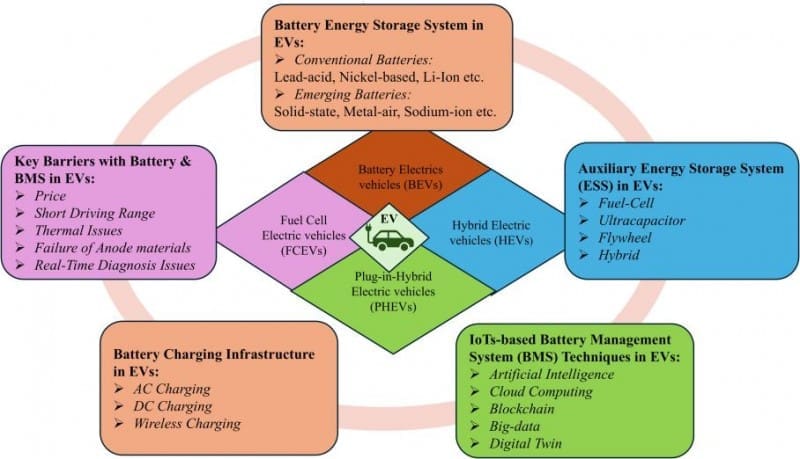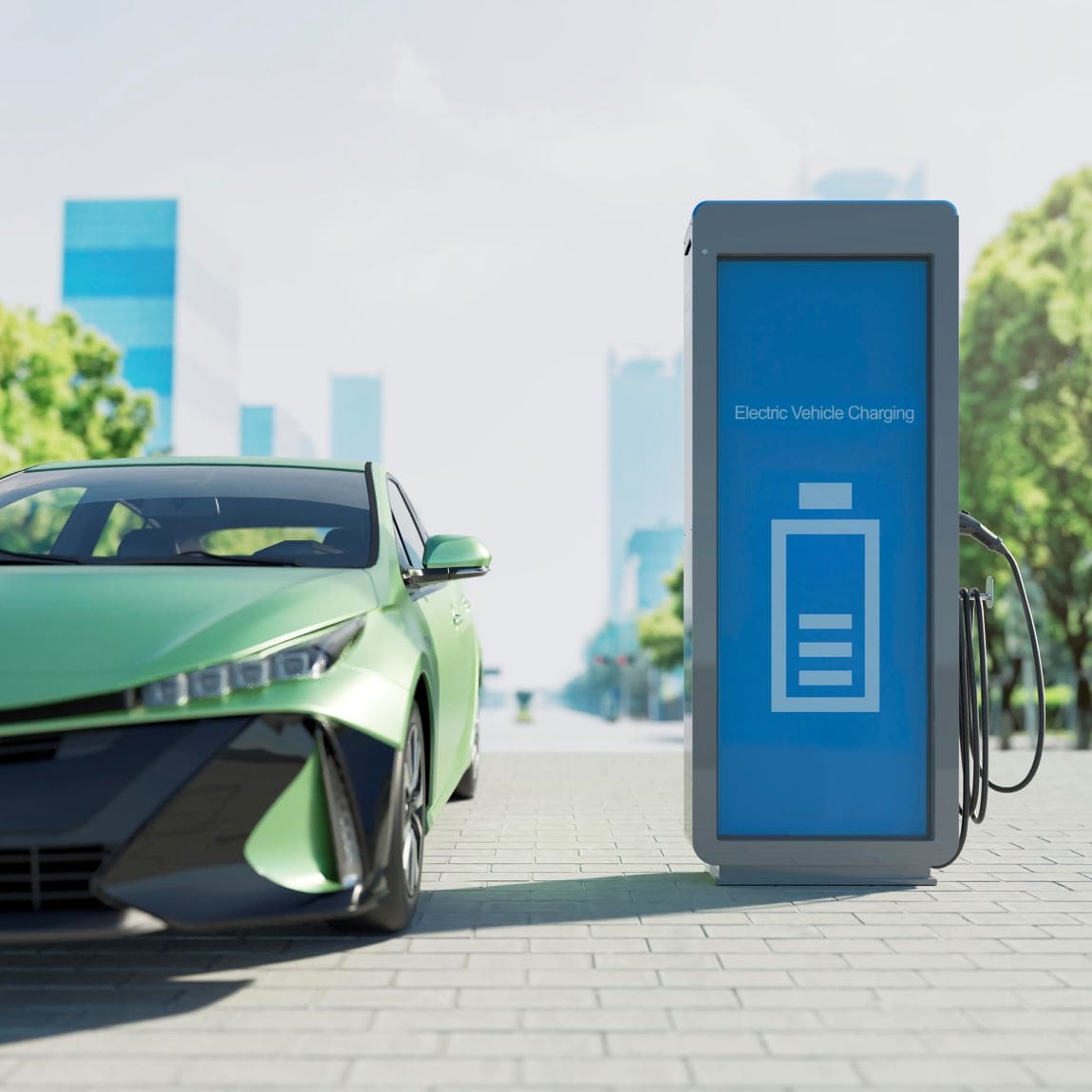Summary:
A comprehensive new review highlights these obstacles while offering insights into cutting-edge research and innovative strategies for improvement. By examining various battery types, such as lithium-ion and solid-state technologies, alongside advanced management techniques, the study underscores the urgent need for affordable and environmentally friendly solutions to meet the demands of a growing electric mobility market.

KeAi – As cities worldwide choke on pollution and climate change intensifies, the urgency to shift away from fossil fuels has never been clearer. Electric vehicles (EV) promise to revolutionize transportation, but they’re held back by persistent obstacles: batteries prone to overheating, limited energy density, and environmental costs that cast long shadows over green ambitions.
Based on these challenges, the need for revolutionary energy storage and management solutions is more urgent than ever.
This comprehensive research was spearheaded by a distinguished team from Jamia Millia Islamia University, CVR College of Engineering, Osmania University, and the University of Tabuk.
Published in Energy Storage and Saving, the study delves into advancements in battery technology, including Li-ion silicon, solid-state, and lithium-air batteries. It also examines the role of artificial intelligence and wireless power transfer in reshaping the future of electric vehicles.
The review paints a vivid picture of today’s battery landscape, emphasizing the shortcomings of traditional lithium-ion models. Among the most alarming challenges is thermal runaway – a catastrophic chain reaction triggered by overheating.
To combat this, researchers are pushing the limits of solid-state and lithium-air battery designs, which promise higher energy densities and greater safety. Additionally, the integration of AI-driven systems offers real-time insights and predictive maintenance, significantly boosting battery longevity and reliability.
Meanwhile, the paper takes a critical look at wireless power transfer, a technology brimming with potential but fraught with practical hurdles. By uniting these innovations, the research outlines a future where electric vehicles become smarter, safer, and more efficient.
“Our research emphasizes the need for a multidisciplinary approach to solve persistent challenges in electric vehicle technology,” says Dr. Mohammad Waseem, the lead researcher. “By combining artificial intelligence with advanced battery materials, we can significantly improve energy efficiency and safety, making electric mobility a more viable and sustainable option for future generations.”
The implications of this research ripple far beyond laboratory walls. If implemented, these advancements could drastically extend driving ranges, cut down manufacturing costs, and ease environmental concerns.
Furthermore, the seamless blend of AI-powered battery management and wireless charging could reshape urban mobility, creating cleaner and more sustainable cities. As the demand for greener transportation soars, this study offers a crucial roadmap to a cleaner, smarter future.
Journal Reference:
Mohammad Waseem, G. Sree Lakshmi, E. Sreeshobha, Shahbaz Khan, ‘An Electric Vehicle Battery and Management Techniques: Comprehensive Review of Important Obstacles, New Advancements, and Recommendations’, Energy Storage and Saving (2024). DOI: 10.1016/j.enss.2024.09.002
Article Source:
Press Release/Material by KeAi Publishing
Featured image credit: Freepik




